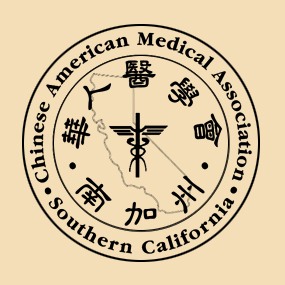Every CME activity CAMASC provides incorporates, and are in compliance with, at least one of the following California Assembly Bills:
- AB 1195: Cultural and Linguistic Competency
- This bill requires continuing medical education activities with patient care components to include curricula in the subjects of cultural and linguistic competency.
- Cultural competency is defined as a set of integrated attitudes, knowledge, and skills that enables health care professionals or organizations to care effectively for patients from diverse cultures, groups, and communities.
- Linguistic competency is defined as the ability of a physician or surgeon to provide patients who do not speak English or who have limited ability to speak English, direct communication in the patient's primary language.
- Cultural and linguistic competency is incorporated into the planning of all CME activities.
For more information on this bill, please visit the Institute for Medical Quality's Cultural & Linguistic Competency Program.
- AB 487: Pain Management and the Appropriate Care and Treatment of the Terminally Ill
- This bill requires most California-licensed physicians (pathologists and radiologists are exempt) to take 12 units, as a one-time requirement, of CME on "pain management" and "the appropriate care and treatment of the terminally ill".
- Physicians may divide the 12 units in any way they prefer and attend CME activities that address one or both topics.
- This bill requires course work and training in the field of geriatrics for both medical students and physicians to ensure that general internists and family physicians have the knowledge and skills to competently treat California's geriatric population by 2010.
- General internists and family physicians whose patient population consists of 25% or more patients at least 65 years of age must complete at least 20 hours of their mandatory CME in the field of geriatric medicine.


